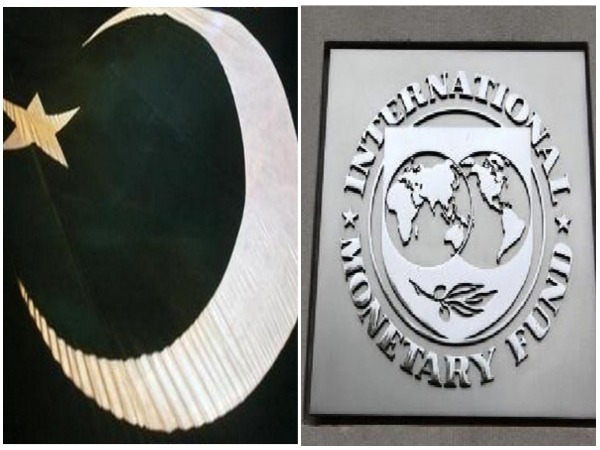IMF Issues Stark Warning on Pakistan's Escalating Debt Crisis
The International Monetary Fund has raised alarms about Pakistan's burgeoning external debt, projecting significant financing needs over the coming years. The situation underlines Pakistan's challenges in ensuring debt repayment and securing further international loans, amid a backdrop of high public debt and political instability.

- Country:
- Pakistan
The International Monetary Fund (IMF) has expressed serious concerns about Pakistan's capability to meet its rising external debt obligations, referring to the situation as 'fragile,' according to a report from Geo News. The IMF projects that under the Extended Fund Facility (EFF) program, Pakistan's external financing needs will escalate to USD 62.6 billion in three years, eventually surging to USD 110.5 billion from 2024 to 2029.
For the current fiscal year, Pakistan's external funding needs stand at an estimated USD 18.813 billion, increasing to USD 20.088 billion in 2025-2026 and USD 23.714 billion in 2026-2027. These demands persist beyond the program's tenure, with USD 24.625 billion required in 2027-2028 and USD 23.235 billion in 2028-2029. This development adds to Pakistan's struggle with its debt load, casting doubt on the country's ability to attract further loans from global financial institutions.
Further warnings from the IMF highlight 'major risks' to Pakistan's debt repayment capability, contingent upon 'robust policy implementation and timely external financing.' With the obligations following Pakistan's request, the IMF's exposure would increase to Special Drawing Rights (SDR) 6,816 million, accounting for 336 percent of the quota, by September 2024. The IMF emphasized that restoring fiscal and external balance is crucial for Pakistan's repayment capacity, advocating for steadfast policy execution, fiscal consolidation, and strategic reforms to support resilient economic growth.
(With inputs from agencies.)










